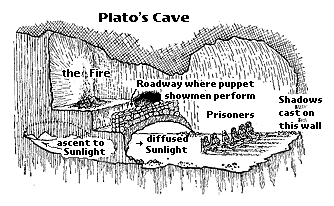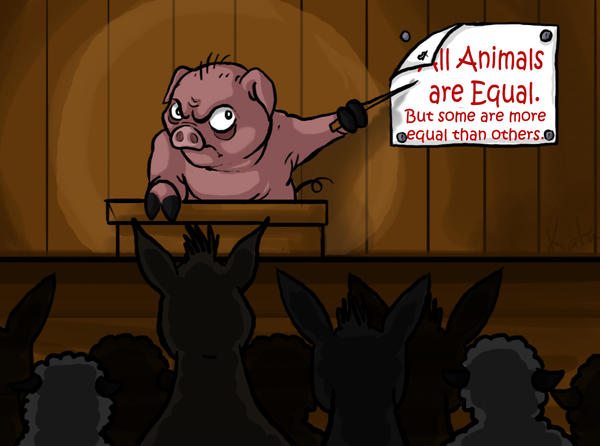Ladies and Gentlemen, welcome to Blog Binge! I know you're all very excited, but I need you to contain your excitement because I
really need to focus and get this done. Today (and maybe tomorrow after school if I run out of time), I will post five blog assignments and finally catch up to the rest of my peers. I am super pumped!!
Okay, first up: What is justice? And apply what it to a recent event in the news.
One example of justice recently being (hopefully) served is the search for whoever burned 19-year-old Jessica Chambers alive. The car in which the former cheerleader and softball player was found was covered in a flammable liquid and set on fire by an unknown subject. The obvious way to connect this to justice is to hope that it is served to whoever did this heinous crime. What would the justice look like in that instance? Punishment!
However, I'm going to write about the motive of whoever did this. Did he or she think that burning this girl alive was just? Maybe I watch too much
Criminal Minds and
Law and Order but I can't help think about why someone would do something this horrible to a seemingly innocent girl. I am in no way condoning this person's actions but for the purpose of this assignment, I would like to relate them to the unclear definition of justice painted in
The Republic.
Say the victim was once mean to whoever committed her murder, they might have felt the need to get revenge on her and confused this with justice. On page 9 of the reading, Socrates is talking about what Simonides' definition of justice really meant and says, "For it appears that he meant that it is right to give everyone what is appropriate to him, but he called this his 'due.'" Maybe the murderer was basing his or her actions off of this conception of what justice is.
Personally, I kinda sorta agree with what is said about justice in this book. I do think that justice is closely linked with karma which is evident when Socrates says the quote I cited in the previous paragraph and when Polemarchus says "what is appropriate between enemies, an injury of some sort." To me, you don't have to necessarily inflict the injury upon the enemy yourself; you can let the universe handle the dirty work.
One thing they don't discuss in the book, is the caliber of the "injury" (not necessarily a physical injury. Bringing it back to crime being discussed, if the victim did do something to the killer, was this the right level of revenge to bring justice? Just by writing this blog post, I'm starting to see why Socrates never spits out his own definition. The idea of justice is complicated!
Also, here's a link to one of the articles on the crime committed:
http://www.cnn.com/2014/12/11/us/mississippi-girl-burns-to-death/



